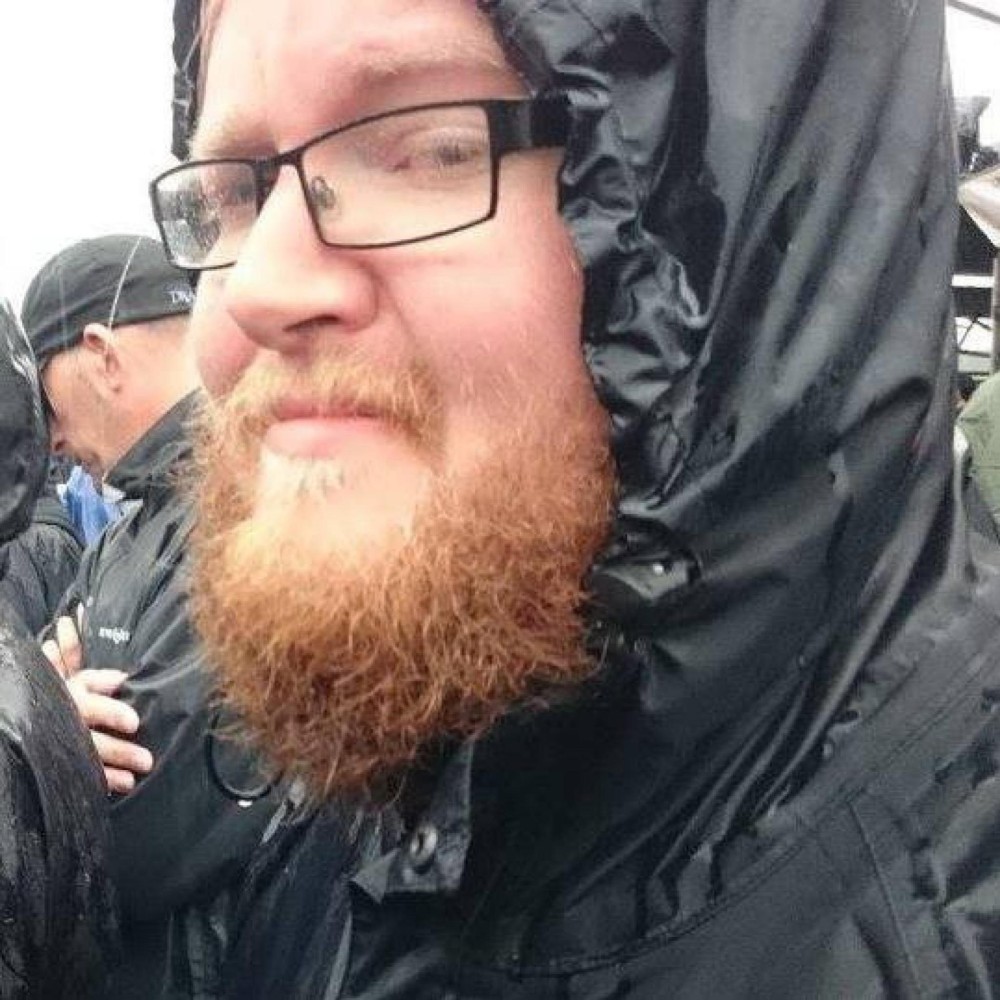If you’re fed up with the hustle and bustle of the city and yearning for somewhere quieter to live, with far fewer people around to spoil your fun, you may well consider one of the ten smallest countries in the world by population.
These UN officially recognised nations have all made a name for themselves by having famously small populations. The largest population on this list is just over 73,000 and the smallest home to just over 500 people. We did tell you they’re small.
Read on for the top ten smallest countries in the world by population. You could even use this list to plan your next holiday destination – if you fancy a quiet one.
10. Dominica - 73,006 people
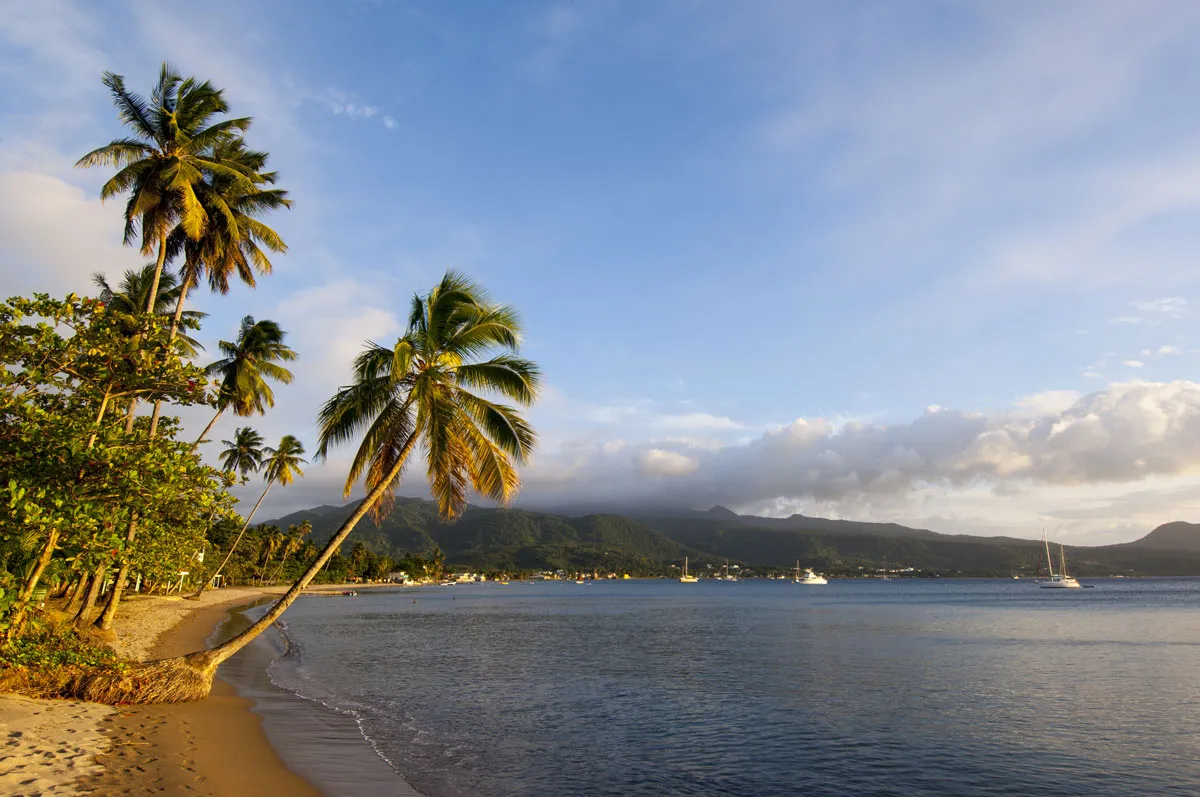
We start this list with Dominica (not to be confused with the Dominican Republic). As per the UN, Dominica has an estimated population of 73,006 people.
Dominica has a land area of 751km². It’s located roughly halfway between Puerto Rico and Trinidad and Tobago in the Caribbean.
The island nation is well-known for being the last of the Caribbean countries colonised by Europeans, after years of British rule it eventually became an independent state in 1978. Mary Eugenia Charles became the first female prime minister of the Caribbean in Dominica from 1980 until 1995.
9. Saint Kitts and Nevis - 47,745 people
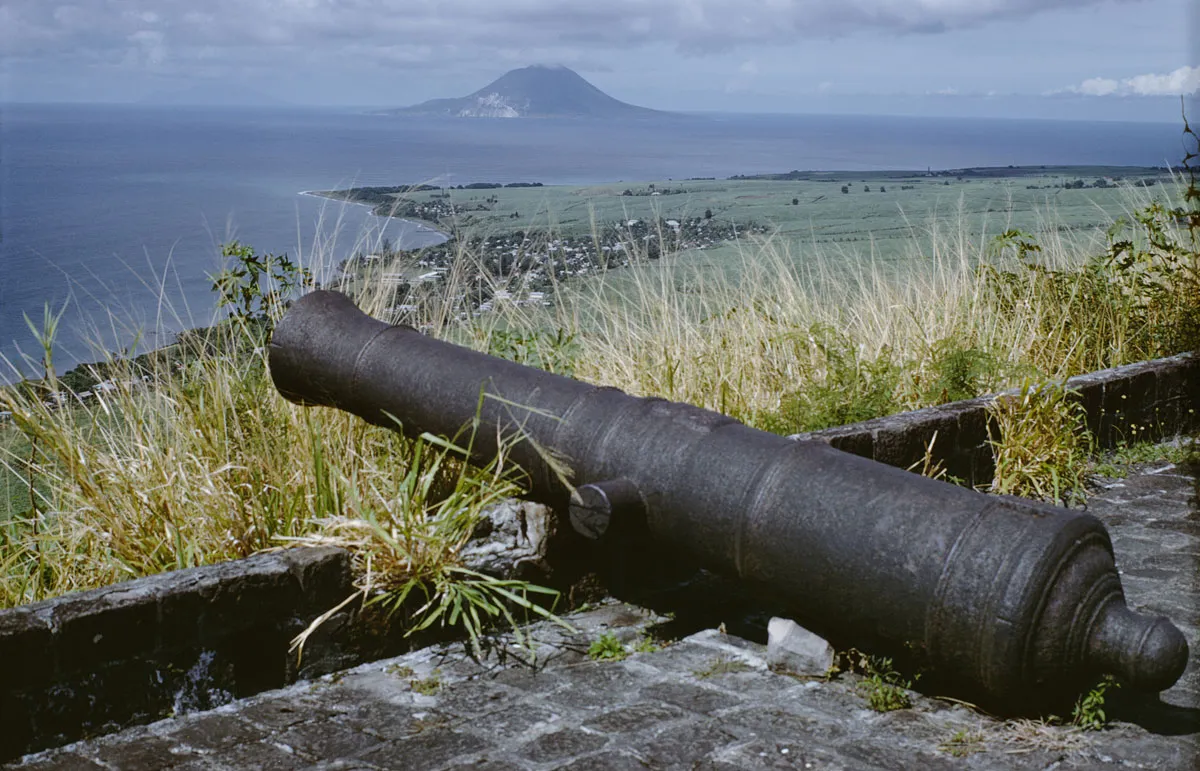
With a population estimate according to the UN of 47,745,Saint Kitts and Nevis comprises two islands. It is known for being the smallest independent country in the Western Hemisphere.
With a land area of 261km² (Saint Kitts Island 168km² and Nevis Island 93km²), it is one of the smallest countries in the world in physical size as well as population.
The nation was granted full independence from the United Kingdom in 1983, and Nevis failed in an attempt to split and form its own country after an unsuccessful referendum in 1998. Saint Kitts and Nevis is a tropical nation and is popular among tourists to the Caribbean in part thanks to its Brimstone Hill Fortress National Park, a UNESCO World Heritage Site.
8. Marshall Islands - 41,952 people
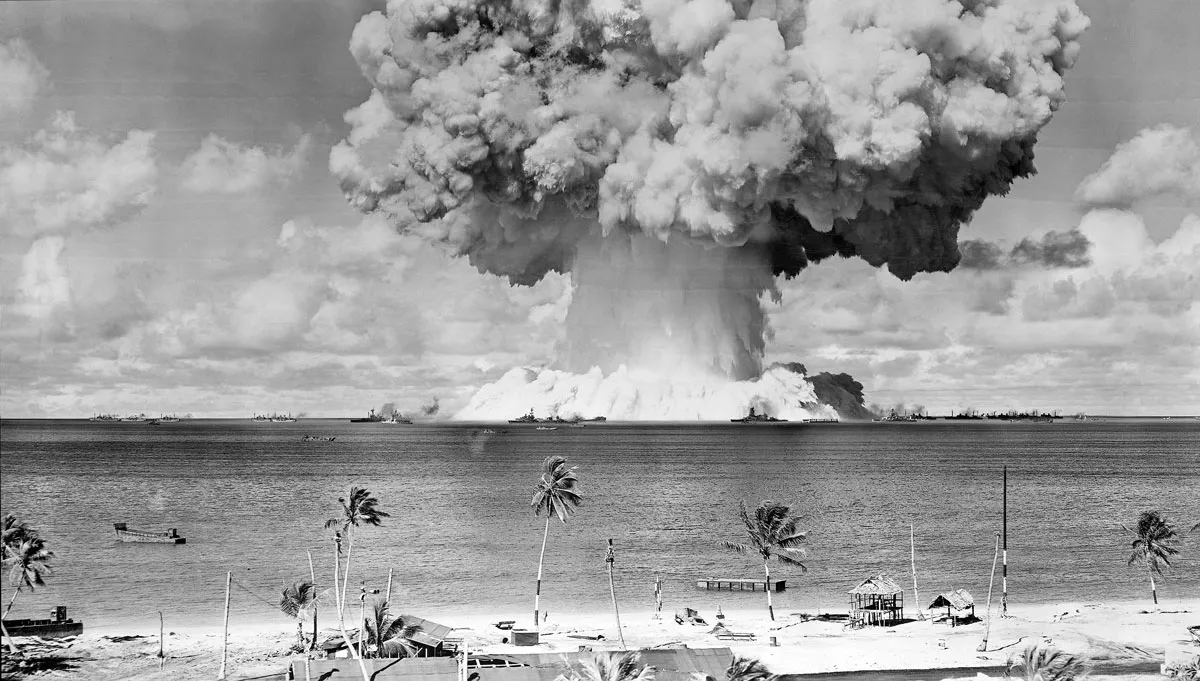
Marshall Islands is home to just under 42,000 people (UN) – 41,952 to be precise. The Islands are also home to Bikini Atoll, an infamous nuclear test site.
Located in Oceania, the Marshall Islands comprises a collection of five major islands and 29 coral atolls (a total of 1,225 islets and islands). The total land area of all islands combined is 181km².
With human settlements dating back to 2000 BC, the Marshall Islands were eventually granted independence from the USA in 1979 after centuries of rule from Spain, Germany, and Japan.
Read more:
- How underwater cities could solve Earth's overpopulation problem
- The Top 10 happiest countries in the world
7. Liechtenstein - 39,558 people
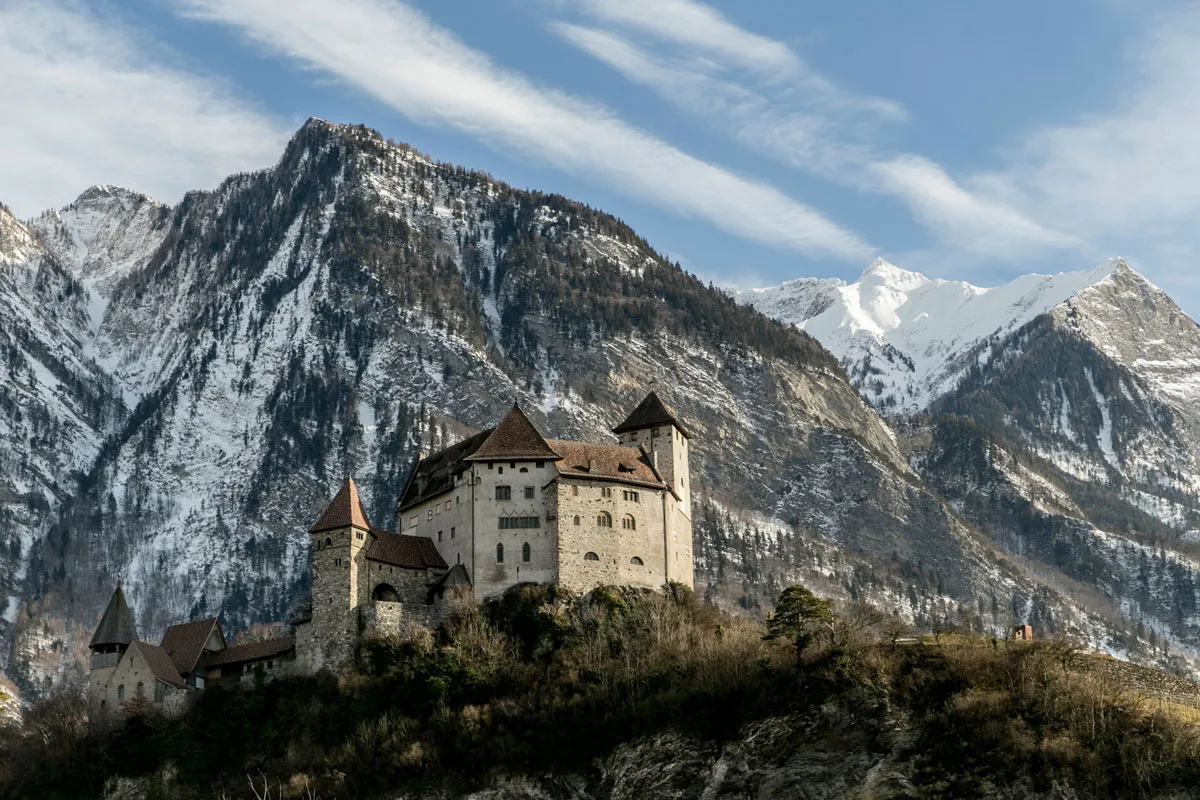
With a population estimate of just under 40,000 people (UN) – an estimated 39,558, to be precise – Liechtenstein is one of the several small countries in Europe. The nation is famous for featuring the foothills of the Rhätikon Mountains and the 2,599-metre peak of Grauspitz.
These foothills comprise around two-thirds of Liechtenstein’s total land area of 160km². It’s a doubly landlocked country (completely surrounded by other landlocked nations).
Being small doesn’t mean Liechtenstein isn’t any less beautiful than other countries. The tiny nation is world-renowned for its mountainous landscape and views, being situated in the Alps and whatnot. Vaduz Castle is particularly stunning.
6. Monaco - 36,313 people
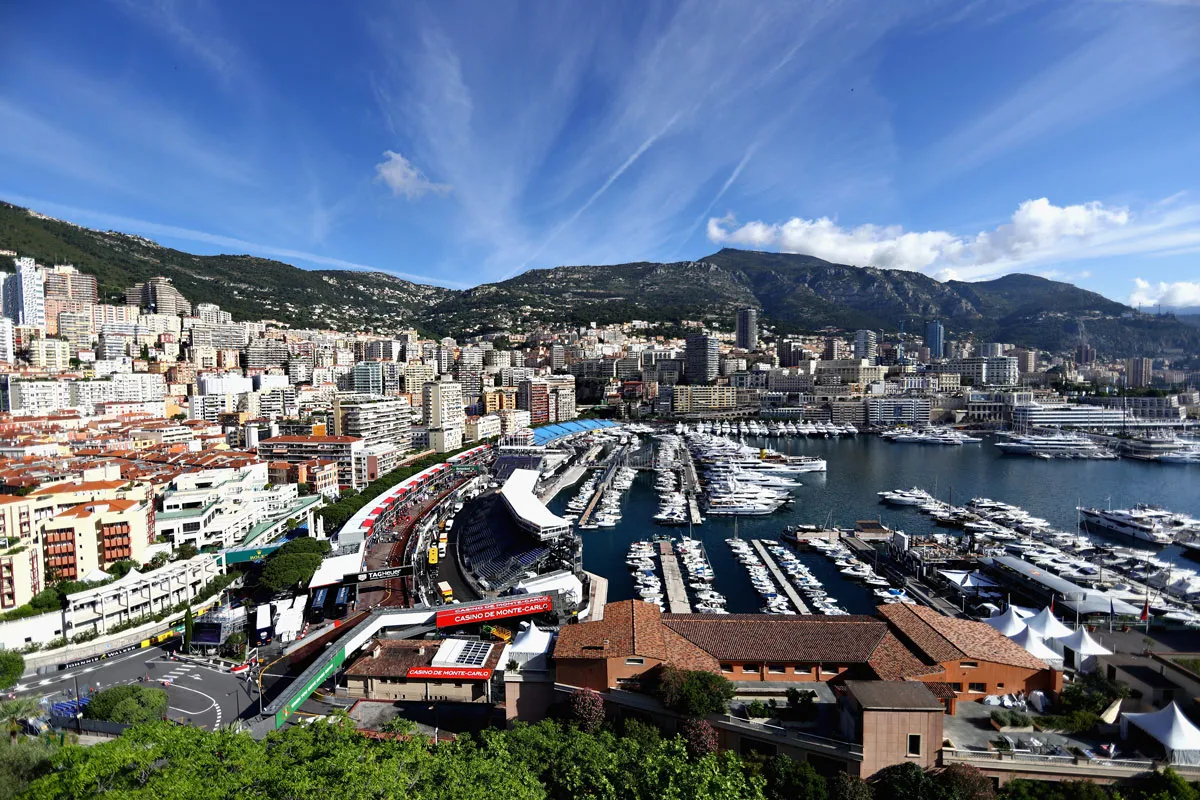
A touch smaller in terms of population than Liechtenstein is Monaco, another tiny European nation. With around 37,000 people living there (or an estimated 36,313 people), it is very small indeed.
Monaco has a total land area of just 2km² which makes it the second smallest independent nation behind Vatican City (more on that below) in the world. Thanks to its size, Monaco is a uniquely densely populated country on this list – it is in fact the most densely populated country in the world.
Famous for its casinos and Formula One Grand Prix, Monaco is a playground for the rich and famous, the principality is perhaps most well-known for the marriage of actress Grace Kelly and Prince Rainier, whose son, Prince Albert, is still the monarch.
5. San Marino - 33,644
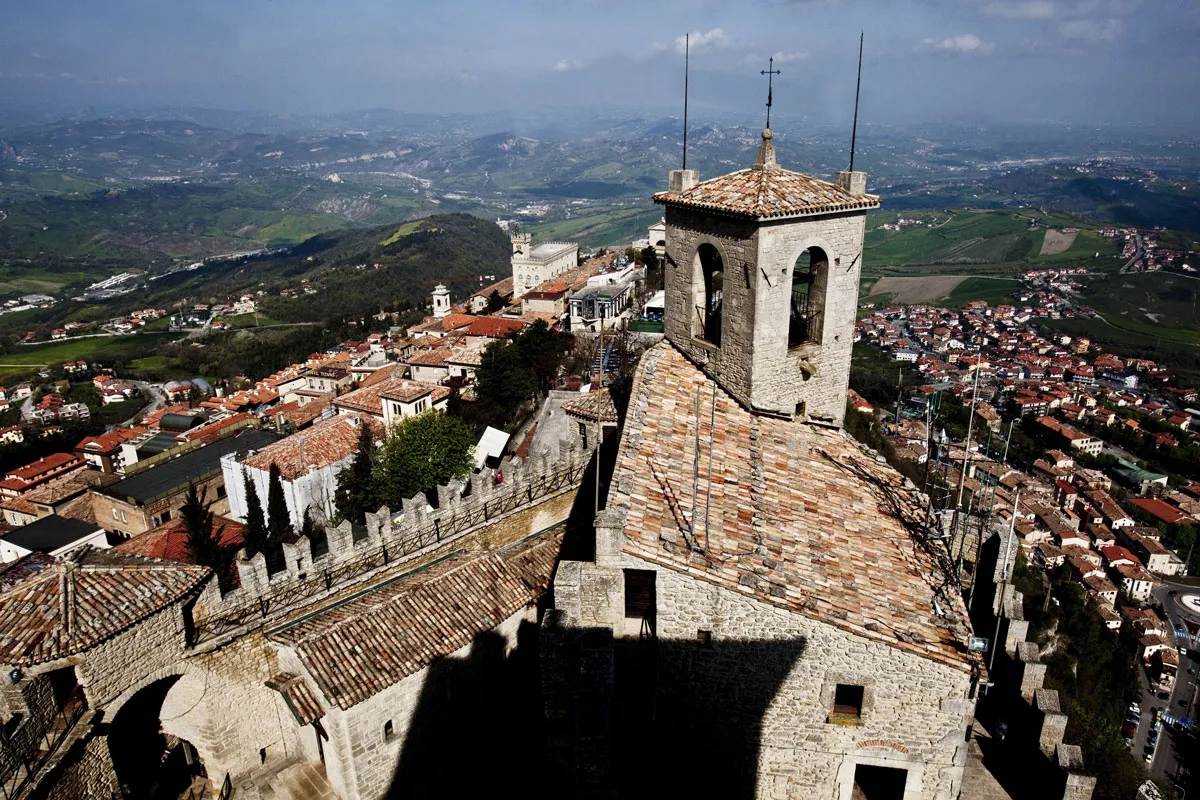
Along with Vatican City, San Marino is another micro-nation found within Italy. The mountainous nation has a population of roughly 33,644 according to the UN.
San Marino has a total land area of 61km². It is the third-smallest country in Europe behind Vatican City and Monaco.
The country is perhaps best known as being home to European football’s whipping boys, which is typically ranked as the worst men’s team in the world by FIFA. Outside of football, San Marino is also famous for its claim for being the oldest republic in the world, and its medieval architecture.
4. Palau - 18,058 people
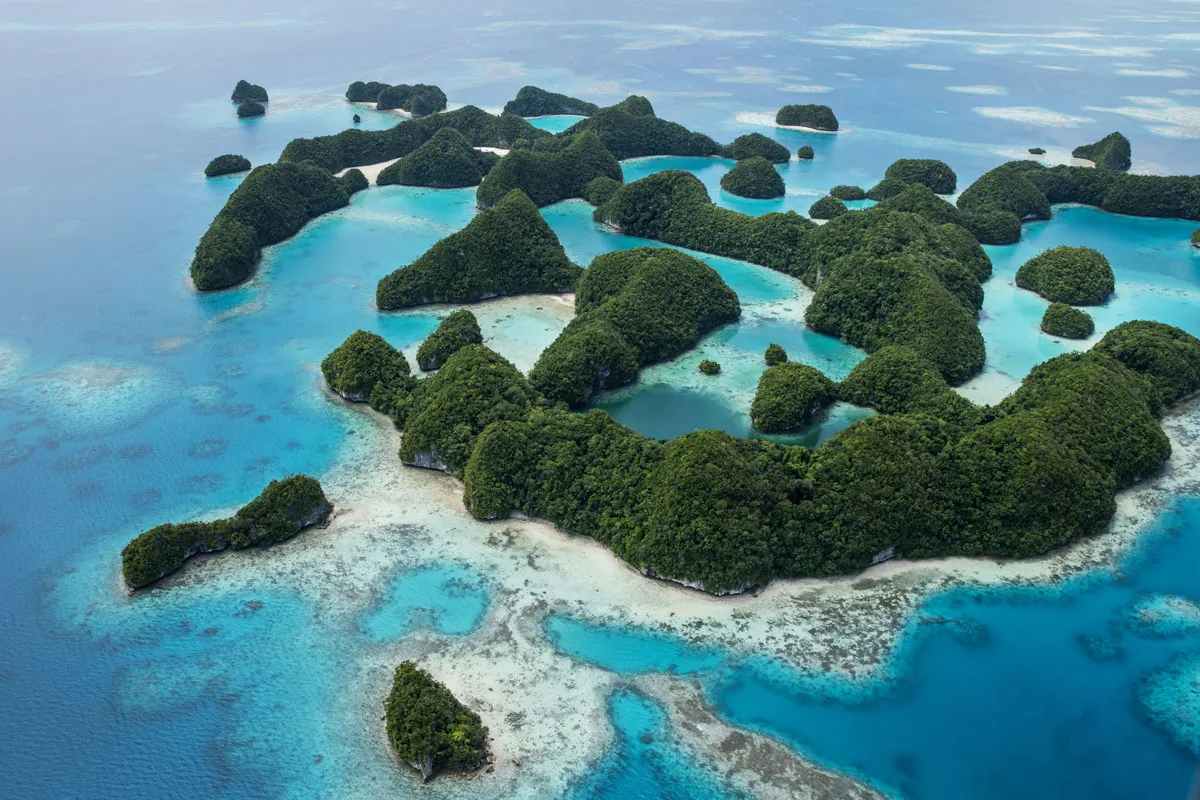
With a population of 18,058 (data from the UN), Palau is the fourth-smallest country in the world by population. This ancient micro-country has a storied history, having been settled since 1000 BC.
It has a total land area of 459km². This makes it one of the larger countries by land size on this list, meaning it is rather sparsely populated.
Voting against joining the Federated States of Micronesia in 1978, Palau had its own constitution by 1981 and gained sovereignty in 1994. The nation comprises around 340 islands, with the total land area listed above taking each island into account.
3. Nauru - 12,769 people
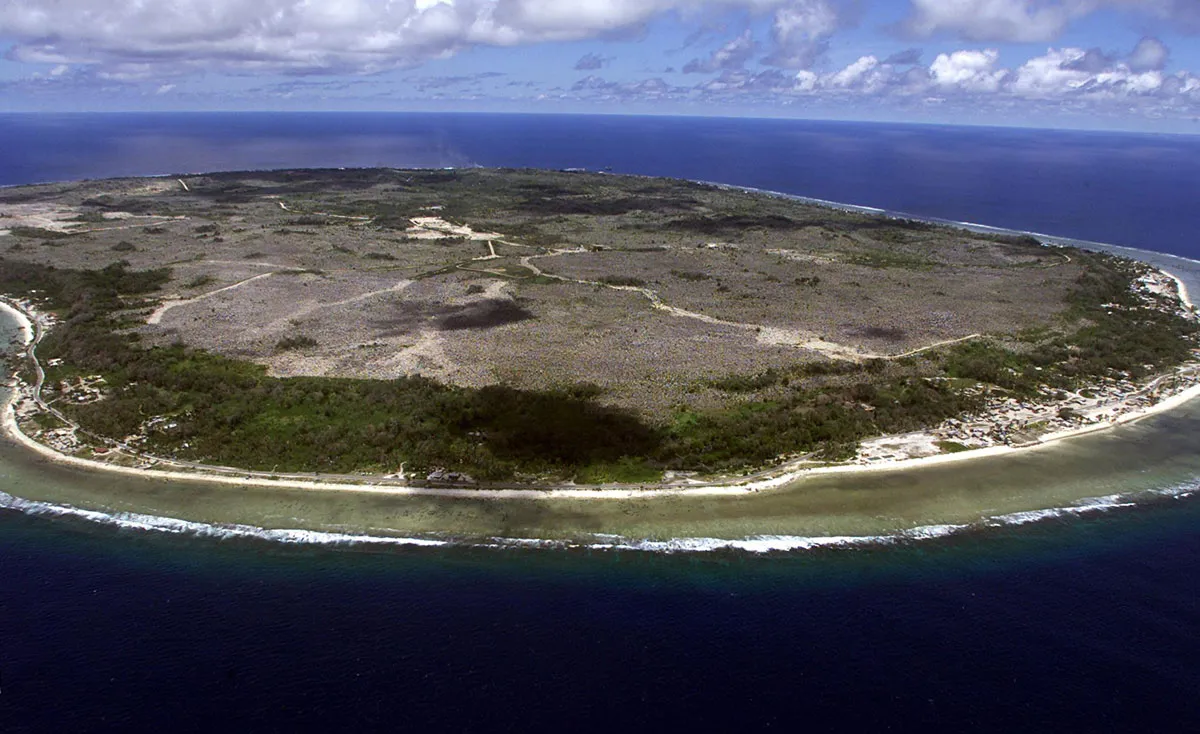
The UN claims Nauru has a population of 12,769 people. This makes it the third-smallest country in the world by population and not second, as some may have you believe.
Found south of the Marshall Islands, Nauru is a tiny island in Oceania. It has a total land size of 21km². This means it is the third-smallest country in terms of land size as well and earns the prize for being the smallest republic and island nation.
Following some tough economical years, Nauru became something of a tax haven up until 2005. It became an independent nation in 1968 after a Japanese occupation during the Second World War.
2. Tuvalu - 11,387 people
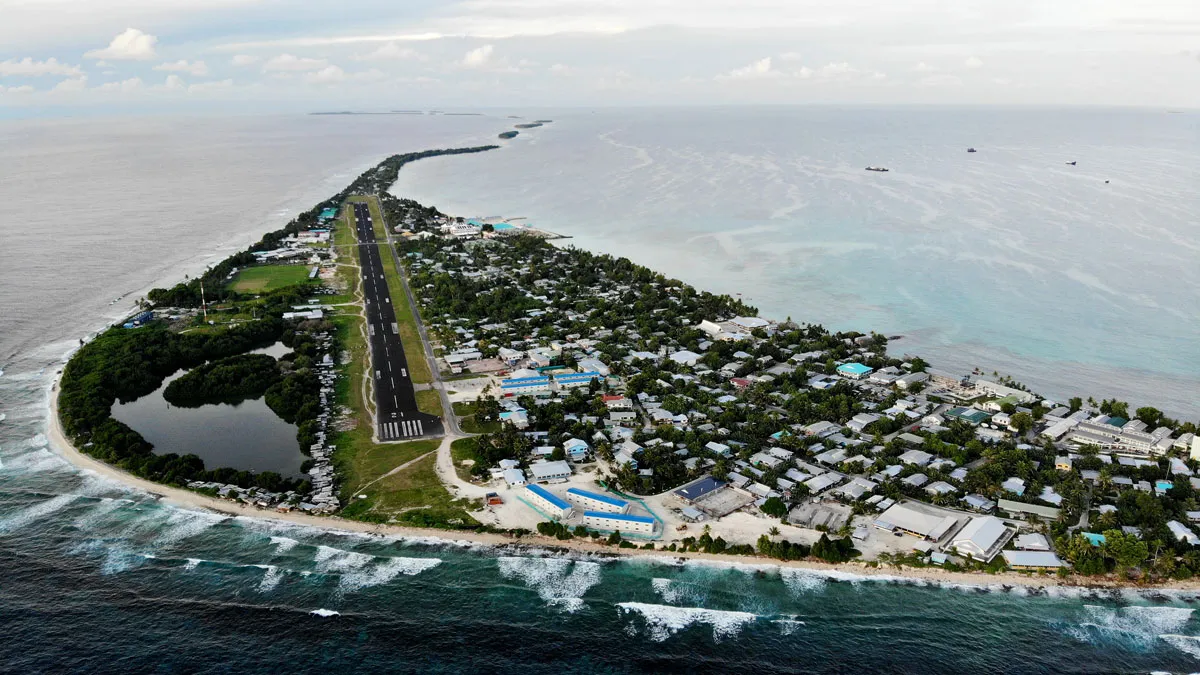
Tuvalu has a population of 11,387 people based on latest UN estimates. The country is made up of nine coral atolls in the South Pacific Ocean.
The total land area of the nine islands that make up Tuvalu is around 26km². This is yet another micro-country found in Oceania but it’s not the smallest country in the world by land size or population.
Tuvalu became an independent state in 1978. Interestingly, the nation negotiated a contract leasing its Internet domain name ".tv" for $50 million (£41.14 million) in royalties over a 12-year period. The contract was renewed in 2011 for a ten-year period. It is also said to be one of the countries worst affected by climate change and rising sea levels.
1. Vatican City - 517 people
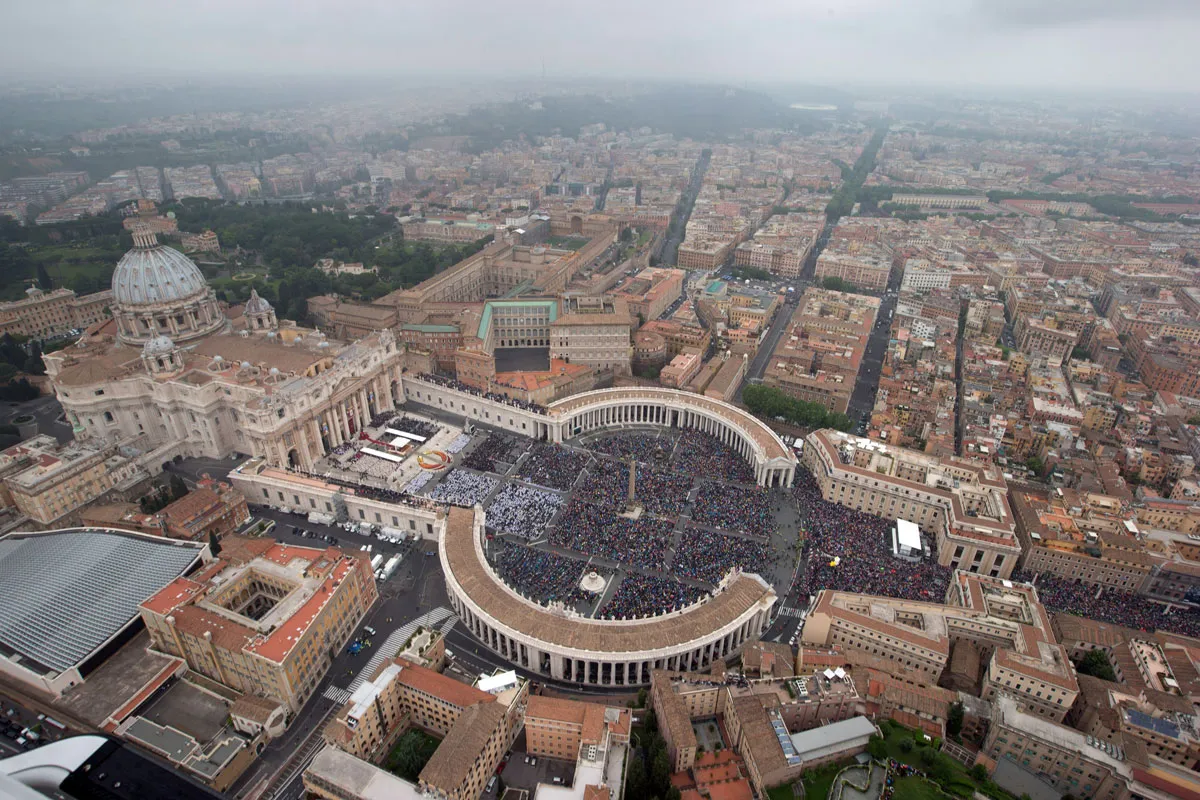
Famous for containing essentially the Pope and his entourage, Vatican City has a population estimate of between 517 as per the UN.
Regardless of the official population, Vatican City is the smallest independent county in the world in terms of population and land area. The nation found within Rome has a total land area of 0.44km².
Vatican City was founded in 1929, the same moment Roman Catholicism was granted special status in Italy. Alongside housing the Pope and being a site of holy pilgrimage, the Sistine Chapel, St Peter’s Square, and St Peter’s Basilica are among its famous landmarks.
Read more:
